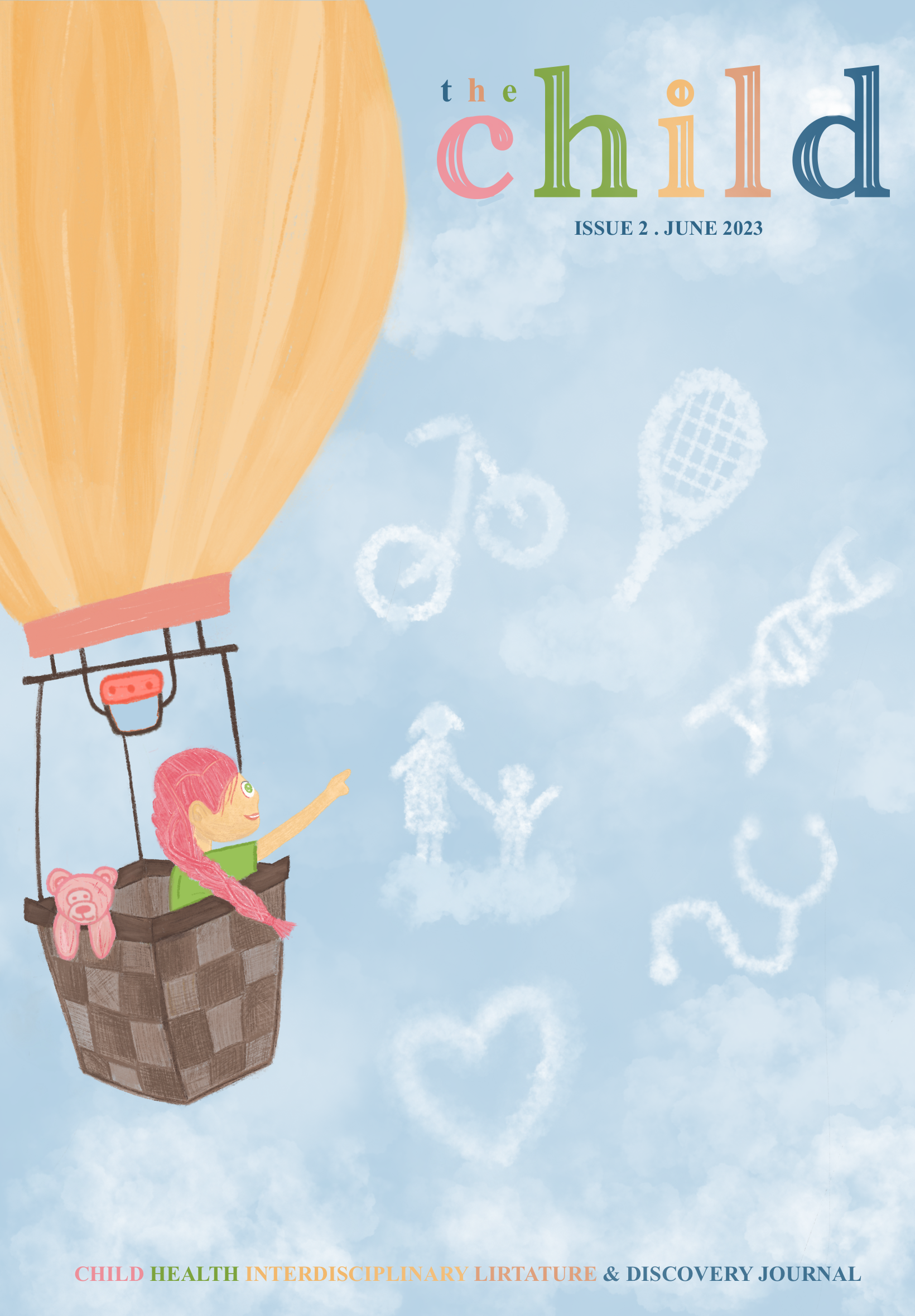Etiological Theories of Juvenile Idiopathic Arthritis (JIA): A Narrative Review
DOI:
https://doi.org/10.15173/child.v2i1.3629Abstract
Juvenile idiopathic arthritis (JIA) is the most common pediatric rheumatic disease. It can be classified by diverse clinical presentations across subtypes classified by inflammation, swelling, and pain. This review examines current perspectives on factors impacting JIA etiology and future areas of development. Genetic and environmental factors, including early-life nutrition (i.e. breastmilk), mode of infant delivery, antibiotic exposure, and infections have been proposed as etiological candidates in the literature. Various human leukocyte antigen (HLA) genes and non-HLA genes related to immune signaling are risk factors for specific JIA subtypes. The impact of infection on JIA development has also been examined; it remains unclear whether infection plays a protective or harmful role. Moreover, shorter durations of breastfeeding during childhood may be associated with an increased risk of JIA development, given that breast milk consumption favorably increases bifidobacterium, changes the composition of the microbiome, and increases microbial diversity. Additionally, mode of delivery can play a role in the onset of JIA as birth delivery through Cesarean section puts children at a higher risk of JIA compared to infants born vaginally. Lastly, antibiotic exposure and its dose- and timedependent relationship also play a role in the microbiome and JIA pathogenesis. This research is significant, as an increased understanding of the etiology of clinically heterogeneous JIA subtypes may improve future treatments. Current limitations, research gaps, and future directions in the field are also discussed.

